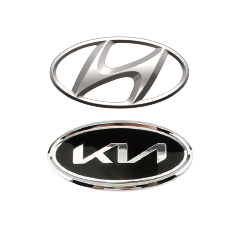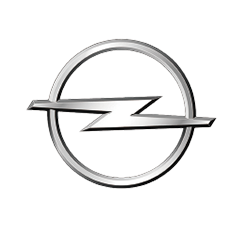"Designated cargo means that the foreign buyer appoints a freight forwarder, who is responsible for arranging the transport of the cargo for him. It usually refers to FOB, EXW and other freight-to-pay goods (i.e. goods whose freight is borne by foreign buyers).
Operation process of designated cargo
Firstly, the freight forwarder appointed by the buyer (hereinafter referred to as the foreign agent) sends an email or through other contact methods to contact its domestic company or partner, informing the contact information of the shipper.
Secondly, after receiving the shipper's contact information, the domestic forwarder will contact the shipper to enquire about the status of the goods and inform the foreign agent by email or other means. If the cargo is ready, it can inform the other party of the expected shipment and ask whether the shipment can be arranged. If you use the booking number of the foreign agent, you should also ask for the booking number so that you can submit it to the shipping company. Special attention should be paid to the fact that the designated cargo is to listen to the consignee's instructions, not to listen to the consignor's, when the consignor has any requirements that are not in line with the norm, you must inform the foreign agent, and only after obtaining the permission of the foreign agent can you make arrangements, or else you can't accept the consignor's requirements. Especially when you operate the consignor's goods for the first time, you should pay more attention. To avoid unnecessary trouble. When the foreign agent's permission to get instructions, you can arrange booking trailer customs clearance and other matters. Of course, the stable goods can be booked while informing the other side of the voyage information.
At the same time, you need to ask the other party what format of HBL is issued, usually, it will be the HBL provided by the foreign agent, and during the period of arranging the shipment of goods, if there is any update of the status of the goods and what kind of problems are encountered, you have to communicate with the foreign agent in a timely manner. After the goods are loaded and shipped, after the bill of lading is issued, you need to ask the foreign agent how much the handlingcharge is, and then send it to the foreign agent together with MBL, HBL, PSS (profitsharesheet), and other customs clearance documents (if the agent asks you for them). In addition, as there may be more than one co-operative agent in the same country, do not confuse the goods between different agents, so as not to cause unnecessary embarrassment. If your company has its own branch in the country, you should not disclose the information of the branch to the foreign agent, which will make the foreign agent feel that you are competing with him and affect the future co-operation.
What kind of risk will be pointed to order goods
As the bill of lading issued by the freight forwarder to the consignor is HBL (forwarder's bill of lading) rather than MBL (shipping company bill of lading), and HBL can not really achieve the purpose of controlling the right of goods, so it will result in the foreign agent "without a single release of goods", that is, the foreign agent in the absence of HBL, by virtue of its possession of the MBL from the shipping company to extract the goods released to the consignee, resulting in the consignor without a single release. To the consignee, resulting in the consignor of goods empty situation. Of course, the situation of releasing goods without bill of lading has been very rare now. However, when exporters and importers for the first time to co-operate, still need to pay attention to this problem. Should try to urge the consignee to pay for the goods as soon as possible.




